Getting Your Car, and Yourself, Ready for Winter Driving
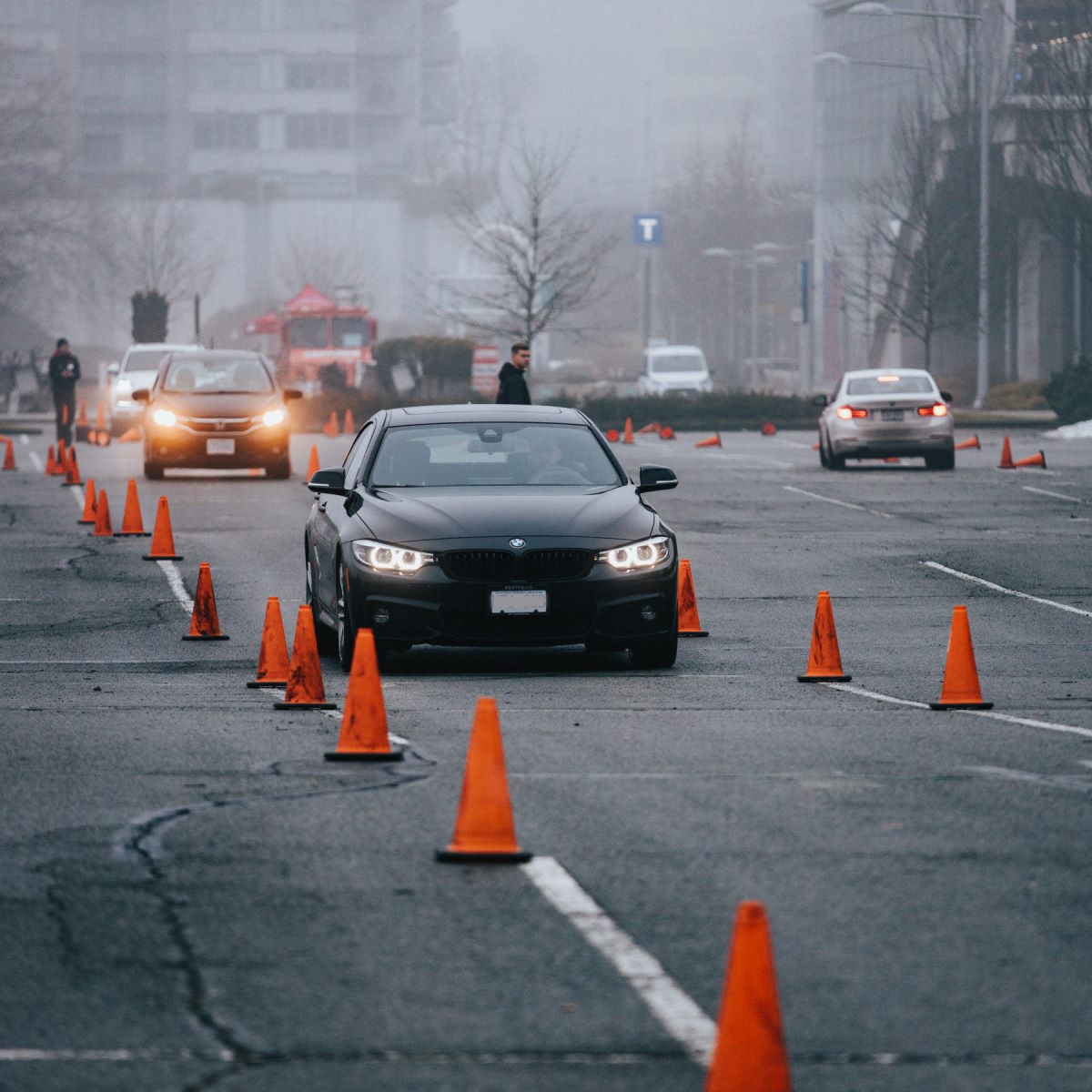
Days are getting shorter, nights are getting longer, and accidents are becoming more prevalent during the winter months. According to ICBC statistics, there are on average 26,000 crashes during the month of December alone. The longer nights, the more frequent rainy days and the odd snow days are all contributing factors to this statistic.
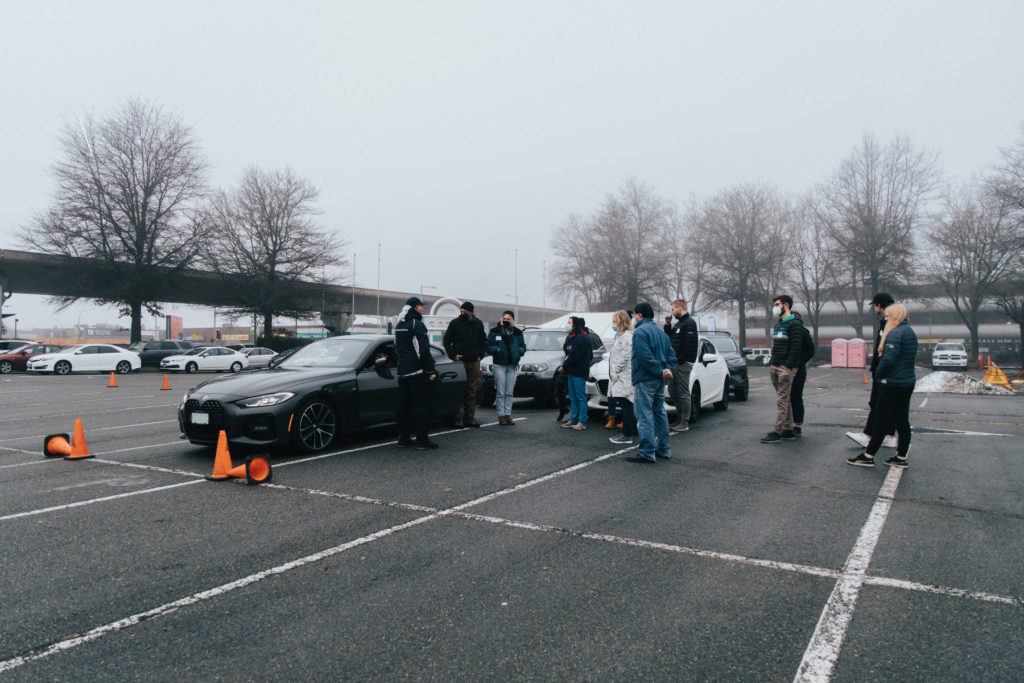
However, there are ways to winterize your vehicle and a few tips that you can use to improve your skills during the winter. One of the best ways is to take part in the Winter Driving Clinic event organized by OpenRoad Auto Group for Club OpenRoad members. This event allows drivers to brush up on their defensive driving skills, learn new skills from professional driving instructors and get rid of those pesky bad habits.
Sign up for the 2023 Club OpenRoad Winter Driving Clinic here: https://www.eventbrite.com/e/club-openroad-winter-driving-clinic-tickets-484544986097
PUT ON THE RIGHT TIRES
Arguably, tires are the most important item that you can change on your vehicle during the winter months. Summer and all-season (or three season) tires lose grip when the temperatures dip below 7° Celsius. Snow (or all-weather) tires are designed to continue providing good grip when the temperatures are below that 7°C threshold and when there’s ice or snow on the ground. Although snow tires are not required in the Metro Vancouver area, they are mandatory when venturing outside of the Lower Mainland from October 1st to April 30th. Winter tires have a snowflake within a mountain symbol on their side to indicate that it is rated for winter weather.
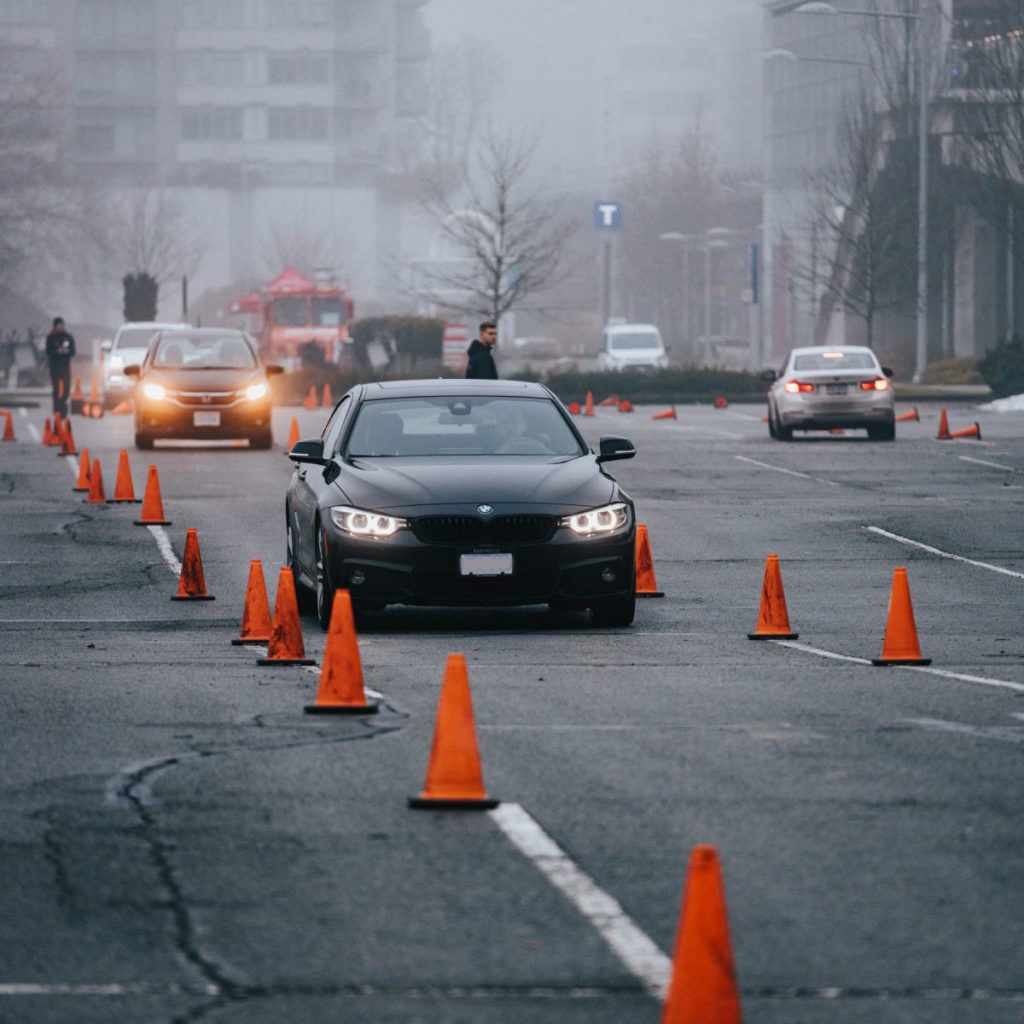
REPLACE YOUR WIPERS
Wiper blades are often overlooked, but they are key when it comes to seeing the road ahead. Changing your vehicle’s wiper blades is an easy task, but if you don’t feel comfortable enough to do it yourself, you can stop by your local OpenRoad Service Centre and the technicians will be more than happy to change them for you. As well while you’re changing your wiper blades, top up the windshield washer fluid with winter-grade fluid that won’t freeze when the temperatures go down.
TURN ON YOUR LIGHTS
Being able to see the road is just as important as it is for other motorists to see your vehicle. Most new vehicles have automatic on/off headlights and taillights, but if you have an older vehicle, ensure that all of your vehicle’s lights are operating normally. Do not use our high beams when there’s oncoming traffic or when following another vehicle. They can cause temporary blindness to oncoming vehicles, which can lead to distractions or accidents. These are indicated by a blue icon on your vehicle’s dashboard.
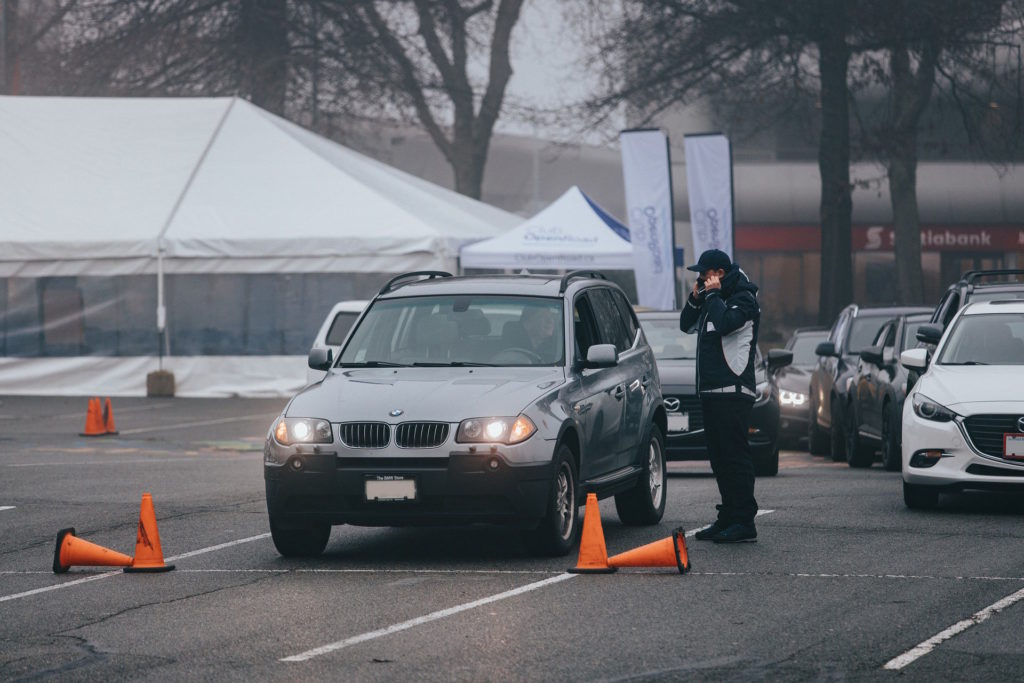
CHECK YOUR BATTERY & COOLANT LEVEL
Other items to consider having a look over are your vehicle’s battery and coolant system. Batteries tend to have a drop in output as the temperatures drop. You don’t want to start your day to work with a dead battery in the morning. Ensure that your engine’s coolant has the proper antifreeze to deal with the colder temperatures. These are items that your local OpenRoad Service Technician will look over when you bring in your vehicle for a service.
DRIVE ACCORDING TO THE CONDITIONS
Your driving style is also a factor in road safety during the winter months. With wet and slick roads, keeping a 2-to 3-second distance between you and the vehicle ahead is key in avoiding an accident. The extra gap allows for more reaction time and more stopping distance. In addition, being smooth with the steering, braking, and accelerator inputs helps you remain in control of your vehicle. Jerky motions of the controls can make your vehicle feel unsettled which can reduce your control of it in poor driving conditions.
BE PREPARED
If you plan on taking a long trip during winter, consider putting an emergency kit in the trunk of your vehicle. These kits can be found at all automotive stores, or you can ask your local OpenRoad Parts Adviser for more information. You should also let someone know when and where you’re planning to go as well as checking the road conditions on your route. Through the BC mountain passes, it tends to snow a lot more than at the lower elevations and sometimes highways can be closed. You can check drivebc.ca for the latest closures and road information.
Being prepared for the winter weather is something that every driver should take into consideration. No one wants to be another statistic in an ICBC report. That’s why it’s important to have your vehicle properly equipped and your driving skills up to snuff. Club OpenRoad’s Driving Clinic was designed to help you in learning or brushing up on your skills and how to winterize your vehicle.
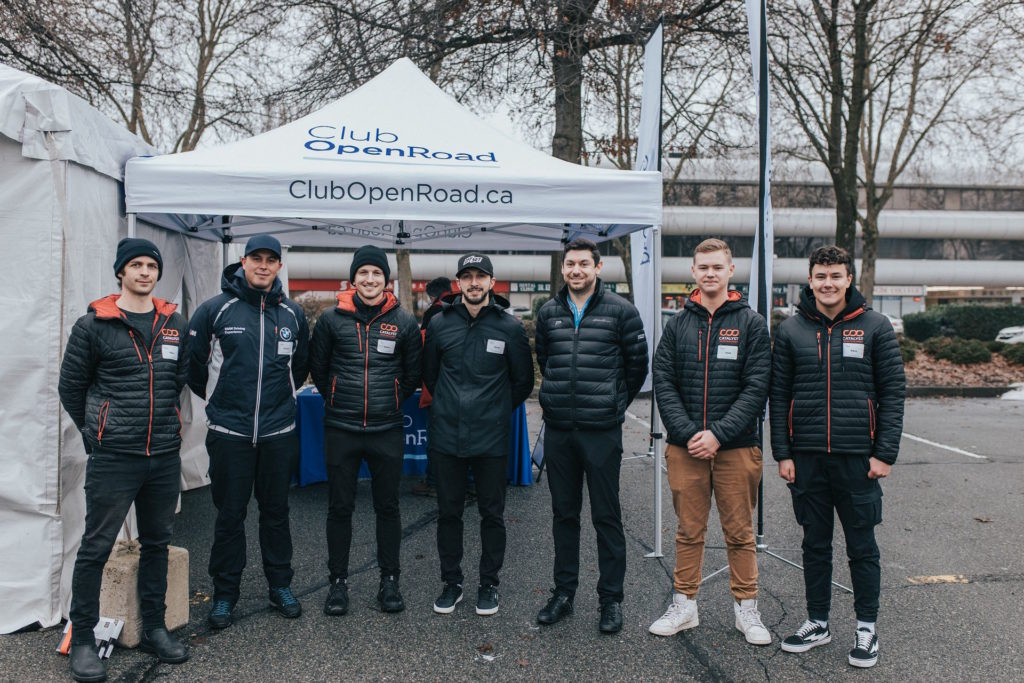
Sign up now for the 2023 Club OpenRoad Winter Driving Clinic here: https://www.eventbrite.com/e/club-openroad-winter-driving-clinic-tickets-484544986097

